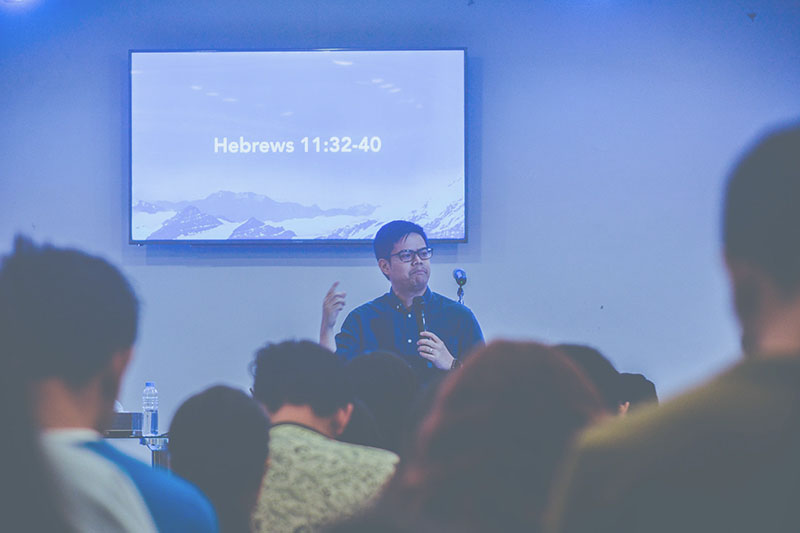You have a way forward
Freedom
Forward
Growing
Forward
Living
Forward
Resources, Counseling & Coaching to live free and forward
Rushing Streams Ministries has been transforming lives for over 30 years through the power of the Holy Spirit and outstanding counseling.
Martin knew in the Spirit the root issue of my cancer before my appointment even started. By the end I was healed, verified by my doctor.
Bill Chilcote
Senior Pastor, My Father’s House International
Martin and Cindy Frankena are perhaps the best-kept secrets in the Church. God has graced them with the highest levels of discernment and authority.
Jon and Jolene Hamill
Lamplighter Ministries, Washington D.C.
Martin and Cindy are very choice servants of our Lord and have been uniquely gifted and trained, not just to minister, but to train ministers.
Dr. Paul Cox
Founder, Aslan’s Place
Rushing Streams Ministries provides Holy Spirit-led counseling services to people of all ages and backgrounds. We work with clients both in-person and remotely over the phone and video chat.





Rushing Streams Online Training
We’re thrilled to announce our new Online Training. This has been a dream of ours for over eight years.
If you’re looking for expert training in prayer counseling or just the next chapter in your journey with Christ, this is for you!
With live learning, on-demand at your own pace, and post-course learning communities, this may be your next step.